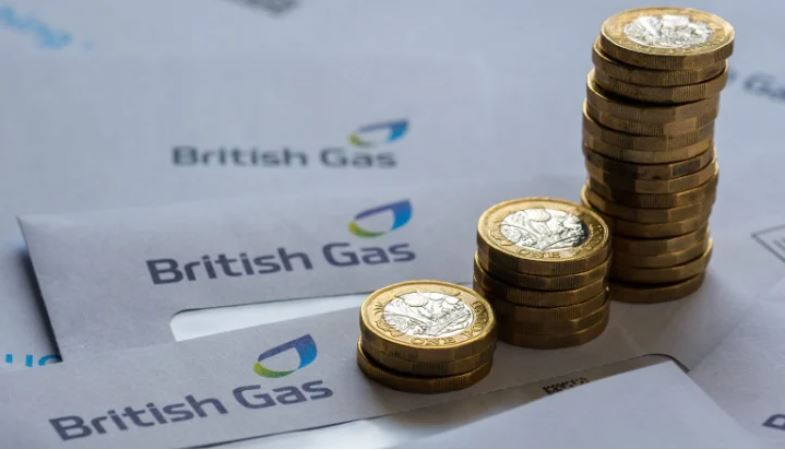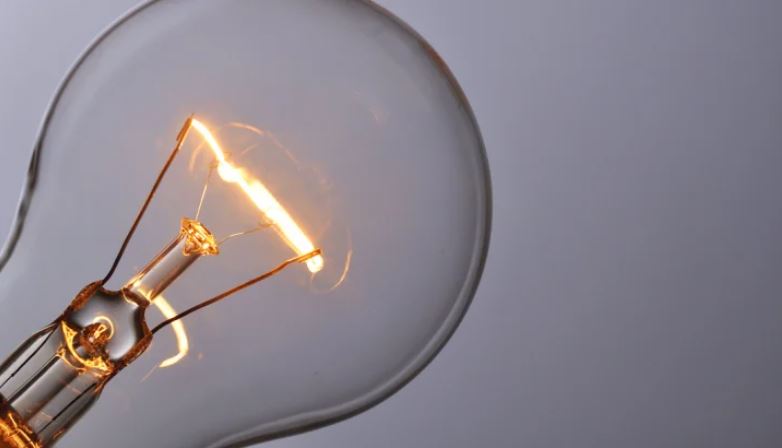The energy regulator has fined Hudson Energy Supply UK for ten breaches of licence conditions, citing serious overcharging of business customers and failure to supervise outsourced operations.
Ofgem has imposed a penalty of £1,668,426 on Hudson Energy Supply UK Ltd (HES) for “serious” breaches of licence conditions.
The penalty comes after a thorough investigation, initiated in July 2020, uncovered ten violations by HES, a non-domestic market energy supplier serving up to 1,600 business customers across the UK.
The regulator’s findings revealed a pattern of non-compliance by HES, particularly in its outsourcing arrangements with a third party for customer operations.
Ofgem identified failures in ensuring proper supervision, resulting in poor customer service and inappropriate actions towards HES customers.
One alarming instance included the unjustified overcharging of a customer by £22,500, contributing to serious customer harm.
Apart from overcharging, the investigation identified nine other breaches lasting nearly five years, ranging from the mishandling of microbusiness customers (MBCs) to issues with credit balances on former customers’ accounts.
MBCs were particularly affected, with failures to properly identify them, leaving many without additional protections entitled to them.
In response to the enforcement action, HES, now owned by Shell since 2019, admitted to all breaches and implemented remedial actions to prevent future failures.
The company agreed to settle with Ofgem through a £1,668,426 penalty, to be paid into Ofgem’s Voluntary Redress Fund, supporting energy consumers in vulnerable situations and investing in innovation and carbon emission reduction projects.
The majority of the money owed to customers has been returned.
Cathryn Scott, Director of Enforcement and Emerging Issues at Ofgem, said: “As part of our role as the energy regulator, we expect suppliers to comply with their obligations, including where they choose to outsource elements of their business.
“In this case a series of failings by HES has resulted in unacceptable outcomes for energy customers, with a number being unjustifiably overcharged by significant amounts, resulting in serious customer harm.
“Through taking this action Ofgem is sending a firm signal to the market that it is not possible to outsource compliance with the licence conditions: the licence holder is responsible for any breaches and any harm caused to its customers.
“This significant penalty should send a strong signal to all suppliers in the market to act with the utmost care and integrity when it comes to engaging and monitoring third parties carrying out important areas of their supply business on their behalf.
“This is a difficult time for all customers, and poor service and deliberate overcharging will simply not be tolerated.”
Image: patpitchaya / Shutterstock













